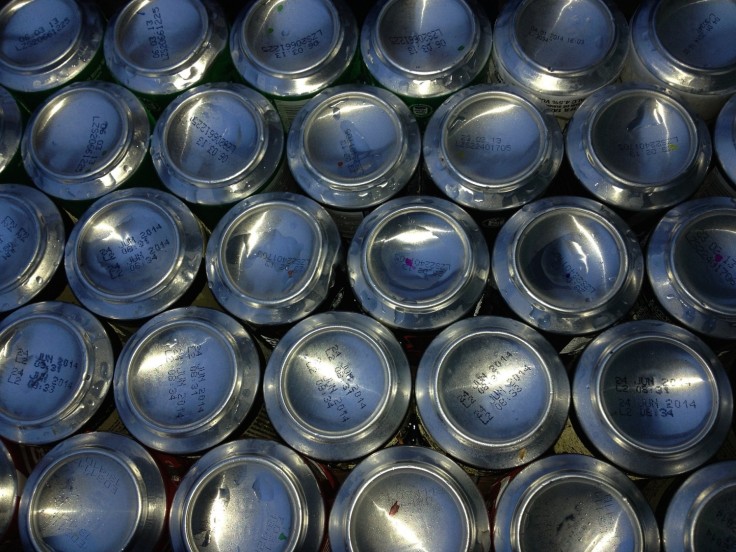
Due to unintended secondary fermentation, Moon Dog Craft Brewery has recalled its Fizzer Seltzer Summer Grape and Berry flavors, Brews News reported. The affected products were labelled best before August 01, 2023, August 02, 2023, and August 30, 2023. The brewery's Summer grape and berry flavors are all available in mixed 10-packs.
The Moon Dog spokesperson says that the recalled products due to 6 percent Fizzer Seltzer found in their product's mixed 10 packs because of secondary fermentation that increases the alcohol content and carbonation of the recalled product.
If some customers have already consumed the recalled product, summer berry or grape 6 percent fizzer, along with the best before dates, rest assured that there would be no danger or risk to you. Noting that the three other flavors in the mixed pack are not affected by the fermentation.
Moreover, suppose you have the recalled products in cans with the above best-before dates. In that case, consumers are urged to dispose of the summer grape or berry 6 percent cans as the food standards specify that food products contain excess alcohol. Carbonation may cause severe illness or injury if consumed.
What is secondary fermentation?
Various product recalls, entailing pale ales, XPAs, and other beer styles, have determined fermentation issues as formidable for brewers. On the other hand, The Independent Brewers Association has recently launched its beer recall information pack to assist businesses through the product recall process.
Customers can reach out to Moon Dog at cheers@moondog.com.au for further information on the said recall.
Fermentation is one of the amazing natural tools that help make food more nutritious, flavorful, and digestible. However, microbes usually prefer to work in warm, room-temperature environments.
On the other hand, the same temperature range will differ based on the kinds of microbes involved and the product that's being fermented.
Secondary fermentation happens when many yeasts and microbes start to die off, and the available food source, carbohydrates, becomes more scarce. The pH (potential hydrogen) of the specific ferment may be incredibly different from when it started, impacting the chemical reactions between the microbes and their environment.
This process needs to be transferred to another container, typically a glass carboy, for a period of aging ranging from two days to several months, per Keystone Homebrew Supply.
How can food fermentation be prevented?
To avoid any food fermentation at home, pack or compress the mix to prevent air pockets. Try also submerging a particular food under the brine, which is salty water.
To avoid fermentation, much better if placed at 50°F. This method will prevent wine fermentation as the years gradually settle to the bottom. You might also want to add bentonite while chilling the beverage to help the yeast clear out faster and more thoroughly.
Independent reported that while many fermented beverages are safe, the chances are still high, so one might still get contaminated with bacteria that can induce specific illnesses.
In 2012, 89 cases of salmonella were in the United States due to unpasteurised tempeh. Massive outbreaks of Escherichia Coli were reported in South Korean schools in 2013 and 2014.
Related Article : Coca-Cola Recalls Popular Product Due to Possible Health Risk